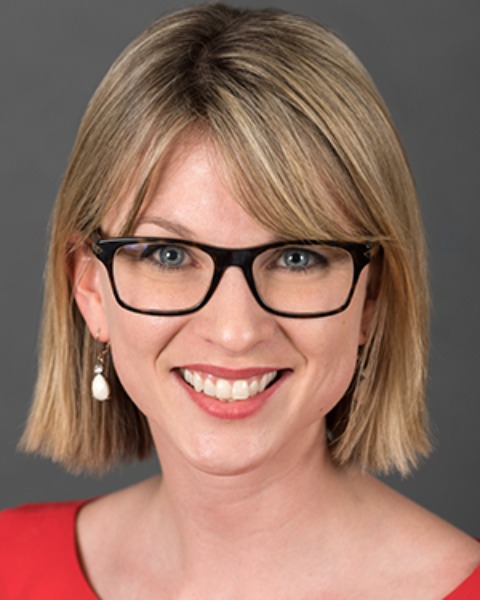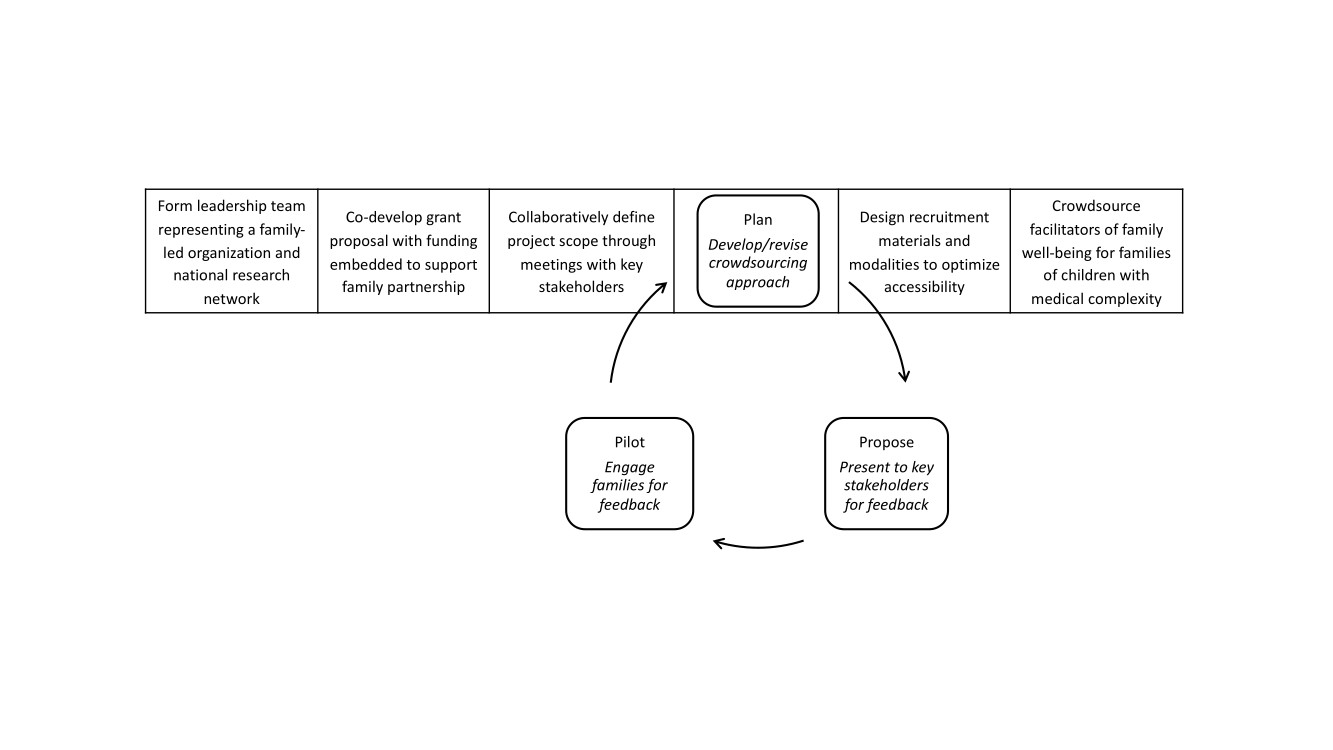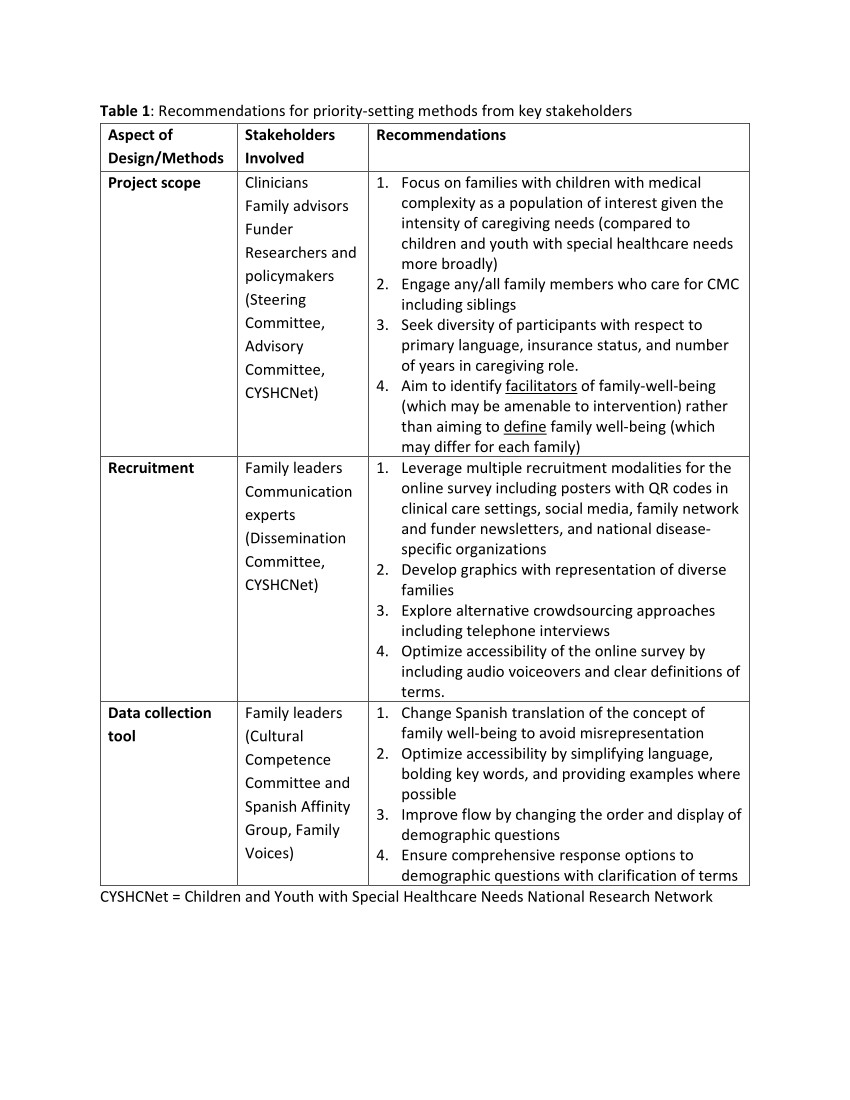Children with Chronic Conditions
Session: Children with Chronic Conditions 3
291 - Family Partnerships in Developing Priority-Setting Methods to Measure Family Well-Being for Children with Medical Complexity
Friday, May 3, 2024
5:15 PM - 7:15 PM ET
Poster Number: 291
Publication Number: 291.66
Publication Number: 291.66

Kathleen Huth, MD MMSc
Assistant Professor of Pediatrics
Boston Children's Hospital / Harvard Medical School
Boston, Massachusetts, United States
Presenting Author(s)
Background: Health and well-being of children with medical complexity (CMC) is inextricably connected with family well-being (FWB). Though various frameworks exist for measuring FWB, recent literature indicates that they do not reflect how the broad array of families with CMC experience and describe it. Family partnership is essential in developing the methods by which new measures of FWB are developed, to ensure they are grounded in families’ priorities.
Objective: To develop a novel and systematic approach to priority-setting in partnership with families and other key stakeholders, in order to identify facilitators of FWB for families of CMC as a precursor to measure development.
Design/Methods: We adapted the initial steps of the Child Health and Nutrition Research Initiative methods for systematically crowdsourcing and prioritizing ideas from a large and diverse group (Figure 1). Key stakeholders in a national family-led organization and national research network engaged to define the project scope and develop a proposed open-ended prompt to elicit facilitators of FWB. The crowdsourcing survey was piloted in English and Spanish with family engagement groups involving cognitive interviewing by a family leader. The survey was revised and finalized based on their feedback.
Results: A team of family leaders, complex care clinicians, and researchers met weekly from May-October 2023. During this time, the team engaged 6 family advisors for individual feedback, presented to 3 national advisory committees, met twice with the project funder, and consulted with survey design and communication experts. We facilitated 3 family engagement groups with a total of 15 participants. Recommendations from stakeholders about project scope, recruitment and the data collection tool were sought and integrated (Table 1). The final crowdsourcing prompts were: 1) “As a family who cares for a child with complex health issues, my family is doing well when…”, and 2) “something that the health care system could do to make my family’s life better is…”. Responses will be synthesized using qualitative content analysis to identify unique facilitators of FWB.
Conclusion(s): We highlight important strategies for partnering with families in developing priority-setting methods, which ensures accessibility, acceptability, and relevance of the initiative to diverse participants. This novel crowdsourcing approach is anticipated to yield a framework of prioritized facilitators of FWB for CMC that resonates with families. Identified priorities can guide measure development and targeted intervention to improve FWB for CMC.


